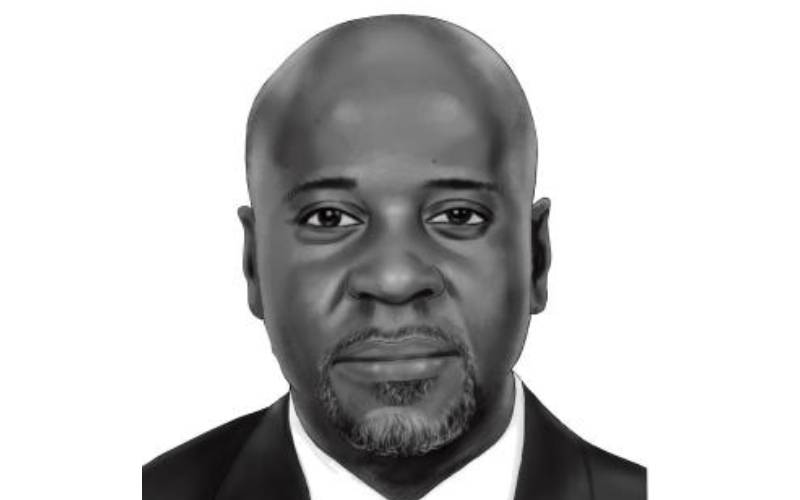
A defining feature of the Jubilee administration is the diversionary gambit from pressing problems of the day. The stoning of former Prime Minister Raila Odinga’s helicopter was a reprehensible act and, no doubt, must be condemned by all right-thinking Kenyans. But did it warrant alarmist statements that presage threats to national security? Is the current fuel shortage not an existential crisis that deserves more than scant attention from national leaders?
Petroleum products are, literally and figuratively, the fuel that drives the nation. Every facet of Kenyan life is inextricably tied to the availability of affordable fuel. Any changes in pump prices are reflected immediately in the cost of all goods and services.